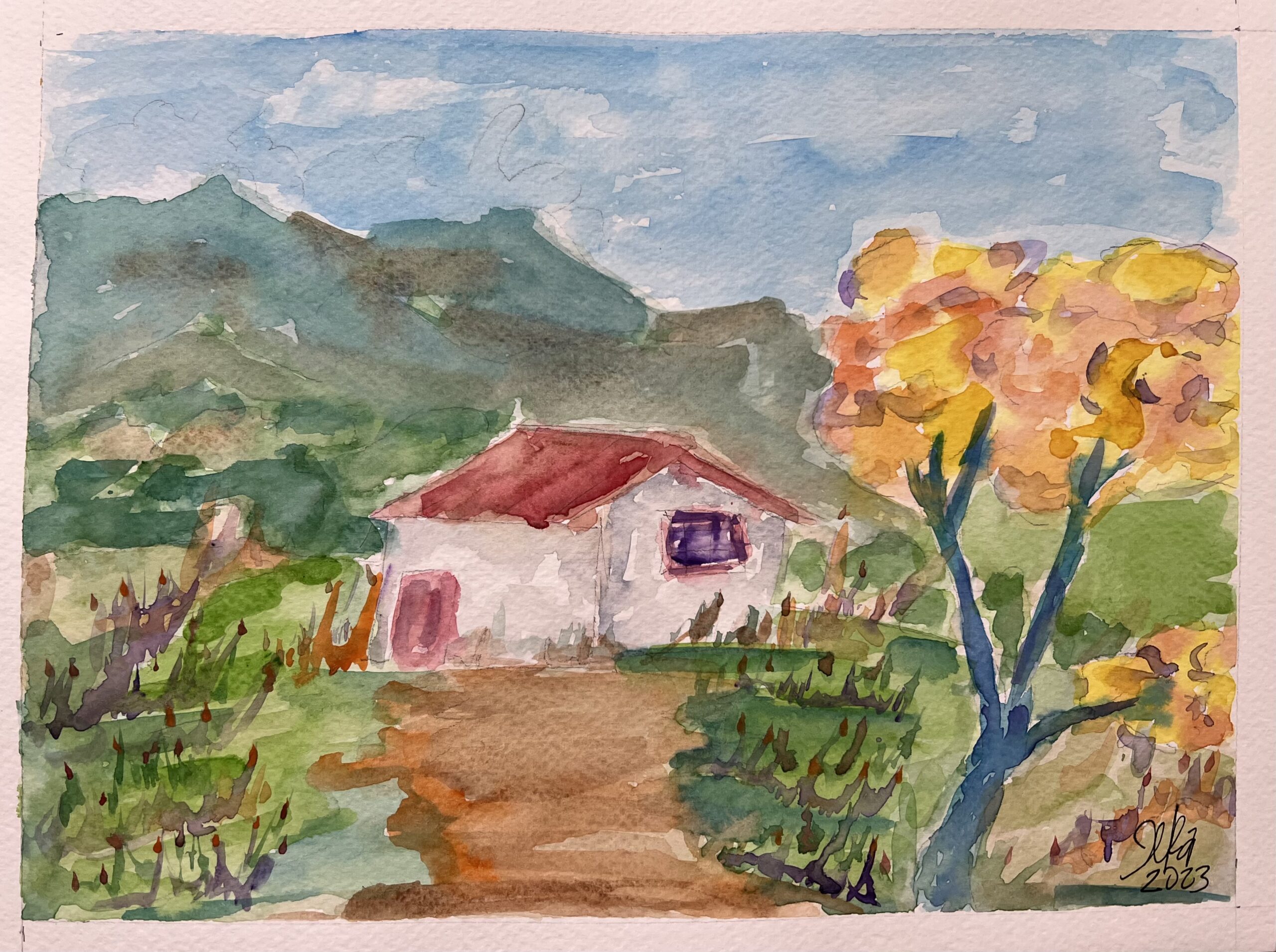Translated by Katrina Hassan
Valerio has been working in the California fields for 37 years. He knows them like the back of his hand. He is familiar with the grape, plum, strawberry, mango, coriander, radish and celery fields. His body is finished and his soul is destroyed, much like the rest of the undocumented immigrants in the country.
Valerio is Tarahumara, a native of Chihuahua, Mexico. He identifies himself as Rarámuri. When he left his native land, the illegal deforestation of the Tarahumara forests had already begun. The marijuana and poppy cultivation were increasing in popularity around the Eastern Sierra Madre and the states of Durango, Sinaloa, Sonora, and Chihuahua. The pressure and harassment to work in the illegal trades was so strong that most of his tribe left to find work in neighbouring states or in the United States.
He was the first to emigrate from his family. As the years went by, his brothers, cousins and more of his townspeople followed suit. He received them one by one and got them all jobs in the fields. There are whole villages of Raramuris working one field sometimes. In Valerio’s village, the only people left are his parents’ generation and the elderly. The kids leave as soon as they turn fourteen. They are running away from the organized crime gangs that want to murder anyone that refuses to let their territory become a drug transportation highway.
As if poverty and exclusion aren’t enough, the Rarámuris have been forcefully displaced from their land. Many of their environmentalists have been murdered too. Two of Valerio’s childhood friends are part of the disappearance statistics.
On Sundays or on special occasions involving his fellow Rarámuri, Valerio dresses in his full regalia. It is a great feeling for Valerio to wear his native attire even if it’s for only a few hours. It is like feeling a caress from the breeze that passes through the Barrancas del Cobre. He feels as if he has had a dip in the Conchos River and can breathe in the scent of the pine trees. When he wears his Rarámuri attire, it is as if he can see his parents when they were younger, next to the fire, getting ready for prayer time.
Valerio forgets he is in the United States when he wears his regalia. He forgets his chronic ankle pain, the pain in his lower spine, his fingertips stop bleeding and the blisters on the soles of his feet stop bleeding. His spirit returns to the deep canyons he traversed as a kid. That is when suddenly he sees the smile of his grandparents in the afternoons as they drank Kichari[1] and ate Tonare.[2] This was usually during the Tender Corn Festival. At this moment he feels a knot in his throat and weeps like a child. He sees himself as a child, in another land, on the other side of the fence.
[1] Kichari is a refreshing drink made of fresh ground corn and water.
[2] Tonare is meat cooked until it falls off the bone.
If you share this text in another website and/or social media, please cite the original source and URL: https://cronicasdeunainquilina.com
Ilka Oliva-Corado @ilkaolivacorado






